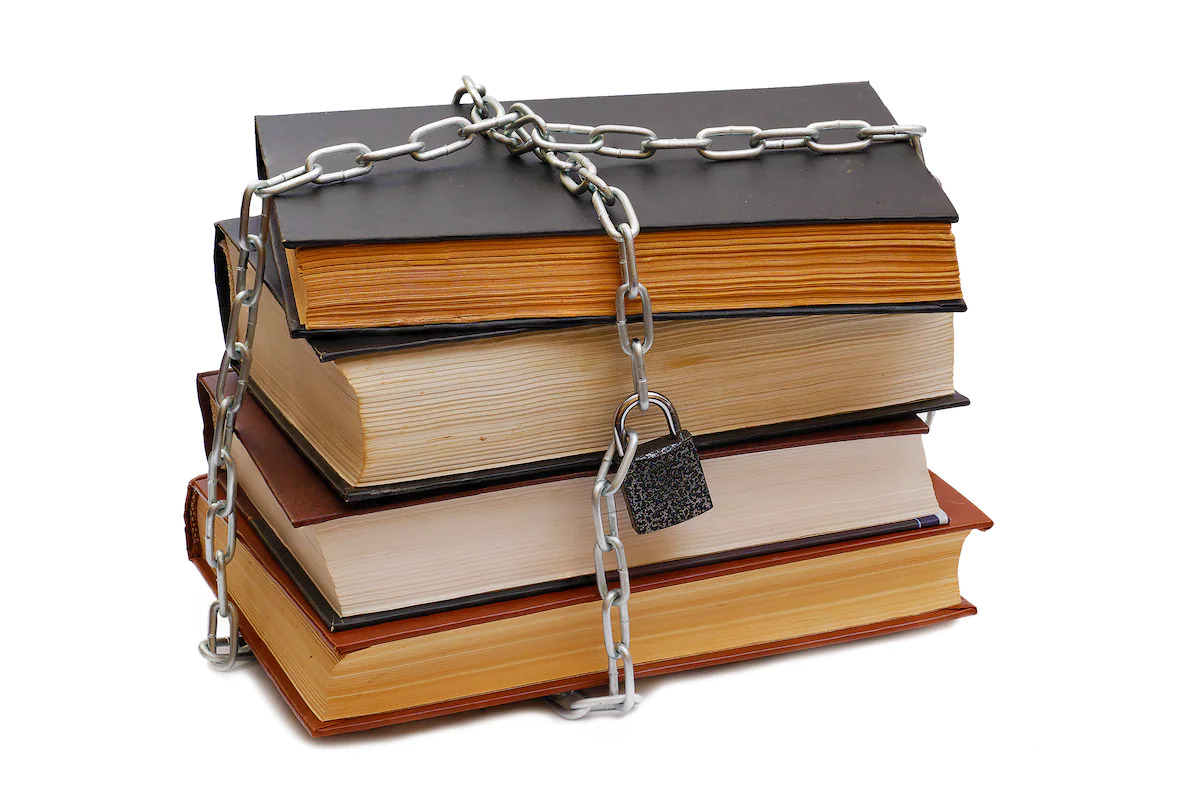Book bans are on the rise across the United States. In the first eight months of 2023 alone, the number of formal challenges made against certain books by parents and organizations surpassed the total number of challenges in 2022. In the four months since, this trend has persisted, if not worsened.
Partisan politics are largely to blame, according to the American Library Association (ALA), a nonprofit organization that advocates for access to libraries and measures book bans in the U.S. Throughout the country, there has been a dramatic surge in groups that have formed on both sides of the aisle with either the express or implicit mission of acting against certain books.
Perhaps the most notable example is Moms For Liberty, a conservative, self-expressed “parental-rights” organization founded in January of 2021 (initially to protest mask mandates in schools) which was individually responsible for the majority of challenged and banned books in 2023. Indeed, in the year before, single chapters of MFL in Florida challenged up to 150 books over one month in some cases.
On the other side of the political spectrum, this month marks the two-year anniversary of a successful but contentious campaign by progressive parents in Mukilteo to ban Harper Lee’s Pulitzer Prize-winning novel “To Kill a Mockingbird” from the school’s freshman curriculum after concerns emerged about the novel’s use of racial slurs.
The tactics and scope of book bans have also changed. For one, library boards are now subject to much broader challenges than before, burdening their administrative processes and making bans more likely. As the ALA reports, whereas past library challenges have revolved around a book or two, it’s increasingly common for parents to appear at library board meetings and request multiple titles be removed. Moreover, though the focus of library challenges has historically remained on school libraries, 2023 saw an increase in book-related complaints made to public libraries. In fact, in December, a debate over whether Maia Kobabe’s “Gender Queer” — the most-banned book of 2021 and 2022 — should be featured in public libraries in Liberty Lake, Wash. (near Spokane), led the city to controversially transfer the authority to control local library policy (including what books are available) from the citizen library board to the city council.
Despite stories of book bans across the United States — and even in nearby communities like Mukilteo and Liberty Lake — Lakeside and its team of librarians remain sternly in favor of keeping more options open. Ms. Pansulla, the librarian department head, explains that with very contentious material, Lakeside acknowledges that it “might make some people angry,” but the school’s primary concern is if the author(s) have “done their due diligence before they’ve put it to the page.” So long as that criterion is met and the book’s contents remain within community expectations, the library is willing to offer it.
The only exception to this screening process is if a particular book was not published through a “reputable” agency. In that case, the library would need to “take a closer look” before deciding whether or not to include it on Lakeside’s shelves simply because self-published novels don’t “have the same infrastructure behind” them.
As for book challenges at Lakeside, they are so far nonexistent, explained Ms. Pansulla. In her time at the school, there has never been a petition by any student, parent, or guardian to remove a book from shelves, though the school does still retain an official procedure and petition for book removals.
Outside of the library, however, there have been informal — and often widely publicized — challenges to authors that have been a longtime staple of the curriculum. The most well-known is likely Isabelle Qian ’20’s Tatler article that detailed growing student support for the removal of Sherman Alexie from the curriculum due to several sexual harassment allegations against the prominent Spokane Indian author.
The article’s primary argument in this case was not that his work would be damaging to the school environment, but that “by buying his book, students would still be supporting him.” As such, Isabelle proposed that “instead of buying his books, we could instead read from a PDF” and supplement his work with other Native American authors.
Since that 2018 article, small contingents of students have periodically criticized authors accused of similarly (or more) serious accusations. Though the English department has never stated it shifted its curriculum due to student pressure, recent restructuring of reading lists from freshman to junior year include the removal of some books by controversial authors. For example, “The Catcher and the Rye” was removed from English 9 and its author, J.D. Salinger, was infamous for his relationship with a girl sixteen years his junior.
Lakeside has also seen the removal of many other “classics” from the curriculum — like “To Kill a Mockingbird” — which have been targets of book bans in other areas of the country, though the usual reason for such removals is that by doing so, the department can include authors who are not usually studied.
Regardless of students’ thoughts on such moves, though, Ms. Pansulla reiterates that the role of the library at Lakeside is “serving people — all people” and bringing new ideas, perspectives, and experiences into the community. Even as book bans happen elsewhere, she concludes that the library will hold strong to this mission.



